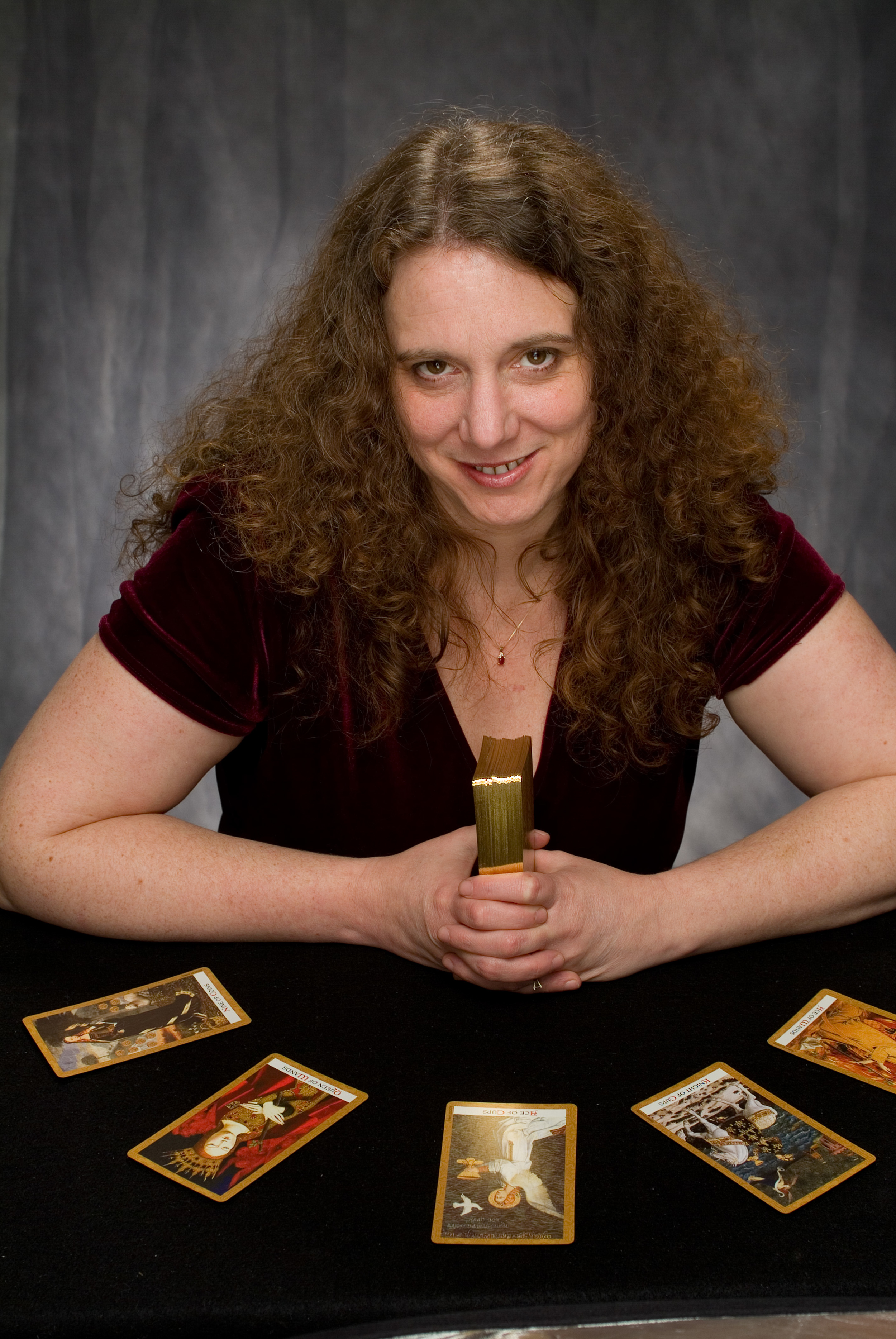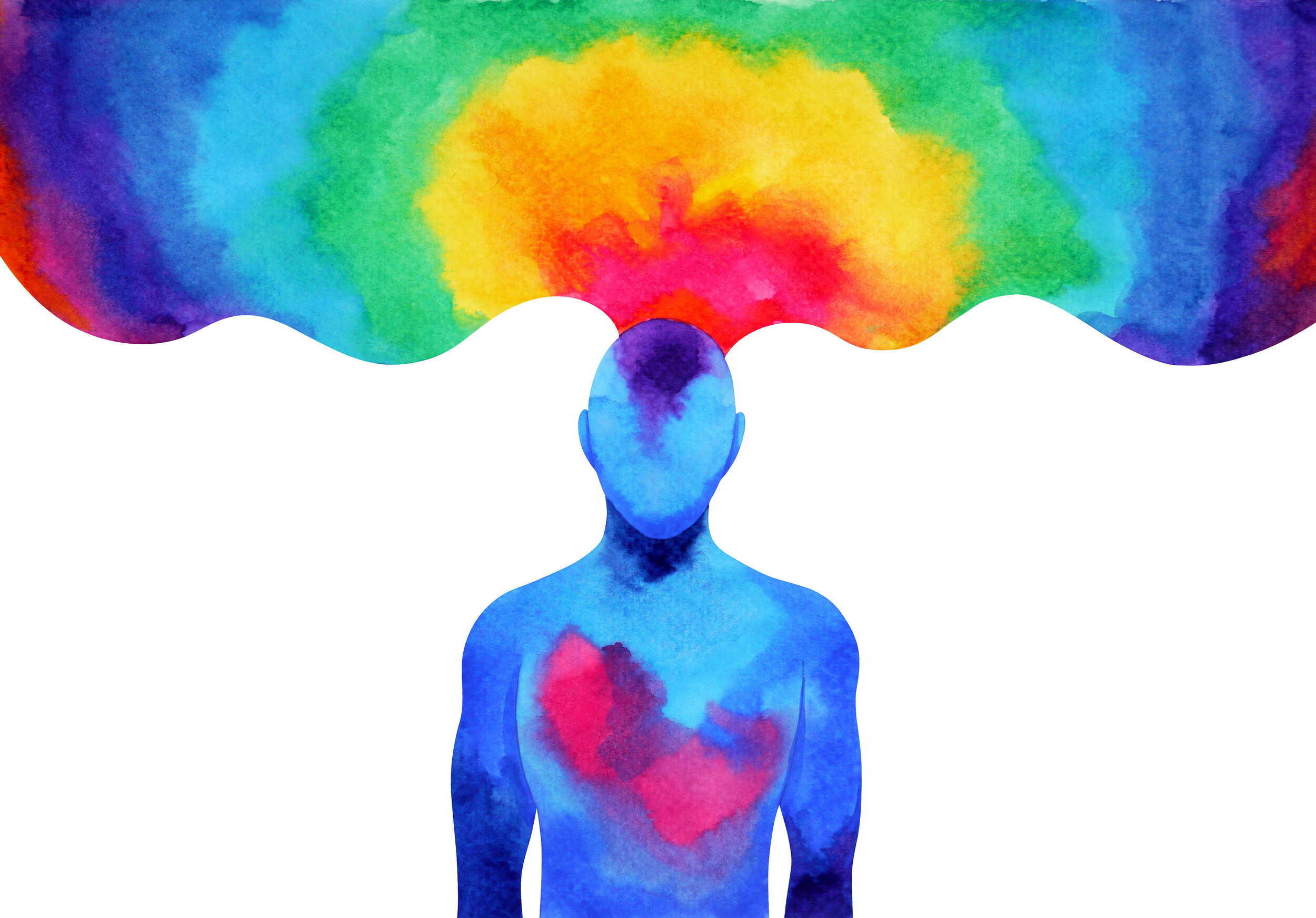
Welcome to my personal blog.
Here you will find my musings, thoughts and observations, all inspired by my experiences as a full-time professional tarot reader.
It Is Okay to Feel What You Feel
Toxic positivity keeps us stuck. Tarot helps us understand our feelings and heal.
Have you ever felt shame for your feelings?
Something I often hear at the tarot table is this. “I know I shouldn’t feel that way, but I do”.
Sometimes the cards indicate feelings that clients are uncomfortable acknowledging.
They might be experiencing something that we see as ‘low vibrational’ or even unhealthy, like jealousy, fear, or rage.
Recently I have noticed a trend toward shaming people for their feelings. There is a term for this; ‘toxic positivity’.
Toxic positivity has always been around. I remember in my days of following the Grateful Dead from city to city many of my fellow Deadheads feared and avoided ‘bad vibes’. When I was raising my kids, I knew other parents who demanded happiness from their children, no matter what their children were actually experiencing.
The increased popularity of the Law of Attraction has led to a great deal of misunderstanding.
It’s true that our thoughts and words have power. It’s true that if we constantly say and think negative things, we are more likely to manifest negative things, or to be unable to manifest the things we desire.
The reverse is true, too. The more that we can visualize what we want, and recognize our ability to have what we want, the more likely we are to manifest it.
All of this is true, but it sometimes leads to a faulty leap of logic. People come to believe that it is wrong, unlucky, or destructive to feel sadness, grief, anger, or any other type of upset.
The problem with that is that we, as humans, are designed to experience a range of emotions. When we acknowledge uncomfortable feelings, we take the first step toward healing and transformation.
If we feel shame around acknowledging what we are feeling in the moment, we have no opportunity to heal.
It is incredibly hurtful to stay stuck in grief, sadness, fear, or anger. It is completely normal and healthy to feel those things from time to time.
Tarot has an amazing knack for showing us our feelings, especially the feelings we don’t want to acknowledge. Even better, tarot can help us find ways to hold space for our grief, and then, eventually, change our narrative and move on.
When we do this, we end up stronger and better than we were before.
If the only feelings we want to acknowledge and experience in life are ‘positive vibes’, we will end up shallow and filled with denial.
Hurt is always an opportunity for healing. Taking time and holding space for hurt and grief will not manifest more hurt and grief. In fact, the opposite is true.
Those who call themselves spiritual leaders and teachers yet cannot handle their own feelings, or the feelings of their clients, often do more harm than good. Those who shame others for harboring negativity, living in fear, or hanging on to anger are often guilty of doing the same.
We are spiritual beings having a human experience. To do that well, we must allow ourselves to be fully human.
To approach the goal of being fully healed humans, we must use our uncomfortable feelings as the impetus for personal healing and transformation. Acknowledgement and acceptance of those feelings is always the first step. Tarot can be a tool that helps us do that.
Tarot, Psychic Addiction and Emotional Illness: The Balance Between Free Will and Fate
Recently in my “Answers to your Questions about Tarot” YouTube video series I have fielded two questions that each touch on emotional illness and tarot. One was about “Tarot Slavery,” or psychic addiction. The other was about reading for “Eeyore,” that is, people who are so negative about their lives they do not believe they have any power to make it better.
I’m also finally reading the book “Psychic Junkie: A Memoir” by Sarah Lassez. It’s been sitting on my bookshelf for years. It’s the story, told in the first person, of a struggling actress with a monster psychic addiction. One of the things I like about the way she presents her story so far is that she holds herself accountable for her psychic addiction, rather than blaming her tarot cards or her readers.
What she, and other recovering psychic junkies, may not realize, is that some psychic professionals are very concerned about psychic addiction. Sure, there are some psychic professionals who encourage psychic addiction. Many of us do our best to identify those clients who are likely to misuse our services and encourage them to find other ways of dealing with their anxieties.
It is true that any tarot student could become “addicted” to the cards, turning to them to try to assuage anxiety rather than to find spiritual insight.
People who don’t understand tarot have lots of negative things to say about tarot. Most of those things are based on misinformation, misunderstanding and superstition. Sadly, there are some tarotists who perpetrate misinformation about tarot, either for their own gain or because they really want to believe that their future can always be both secure and predictable.
These are people who, like Sarah Lassez, have studied tarot and utilize professional psychics and have found the experience to be disempowering, rather than empowering.
How does this happen?
It happens when people have an unhealthy insecurity about their future, and about themselves. They come to the cards, and to psychic work, with one express purpose. They want to know what will happen in the future. It’s not curiosity, or the opportunity to be proactive, that drives them. They are driven, perhaps solely, by fear.
It may be laziness, misinformation or low self-esteem that causes them to believe that their future is something that awaits them, rather than something they could have a hand in creating.
Part of the problem is the reality that sometimes the future is set, and therefore predictable, and sometimes it’s not, and therefore changeable according to the choices and actions of self and others. It’s about the balance between free will and fate.
Many tarotists, including me, believe that it is sometimes better to focus on the areas where we can be proactive. Future predictions can be very accurate, and can also be fun, interesting and helpful. But it is not often in predicting the future where the healing nature of psychic work is realized.
There is zero introspection required when we believe the future is already set, and zero personal responsibility. Introspection and personal responsibility can be found in the wisdom of tarot, and are key components in healing from anxiety and depression.
Anxious people who fear their future, and depressed people who have no hope or faith in themselves, often lack the motivation to use a tool like tarot in the way that would actually be helpful.
It is so much easier to wait for a future that has been predicted than it is to work proactively at creating one’s life.
Future predictions can entertain us. Future predictions can give us hope. Future predictions can help us prepare for, and maximize, our potential. Tarot, and psychic work in general, can help us do that, not only by making the predictions, but by helping us choose our goals and stick to them.
Psychic addicts are looking for easy answers and quick fixes. Like all addicts, they want to make the pain go away but they don’t want to do the hard work to make change in their lives.
Often a good reading can help such a person change their perspective, get help for their emotional disorders, and realize that they are in charge of their life. A good reading should put the client in the driver’s seat as much as possible. Of course, this can only happen if the client is ready and willing to heal, and to take responsibility for their own decisions and goals.
Tarot can be incredibly helpful to people who are anxious and depressed, but only if they are willing to use the cards to heal.
Tarot, and psychic work in general, won’t turn an emotionally healthy person into a psychic addict. Potential psychic addicts are damaged before they get to us. As readers and teachers, we need to be ready to identify those who are likely to misuse our services to their detriment. Gentle redirection and referrals to psychological professionals are often appropriate.
Why is it easier for some people to believe that 78 pieces of cardboard could unfailingly predict their future than it is for them to believe that they have the personal power to create the future they want?
The sad thing is, if they could only adjust their thinking a little, they would discover that tarot can be the perfect tool to help us set our goals, make our plans and create the life we desire.



